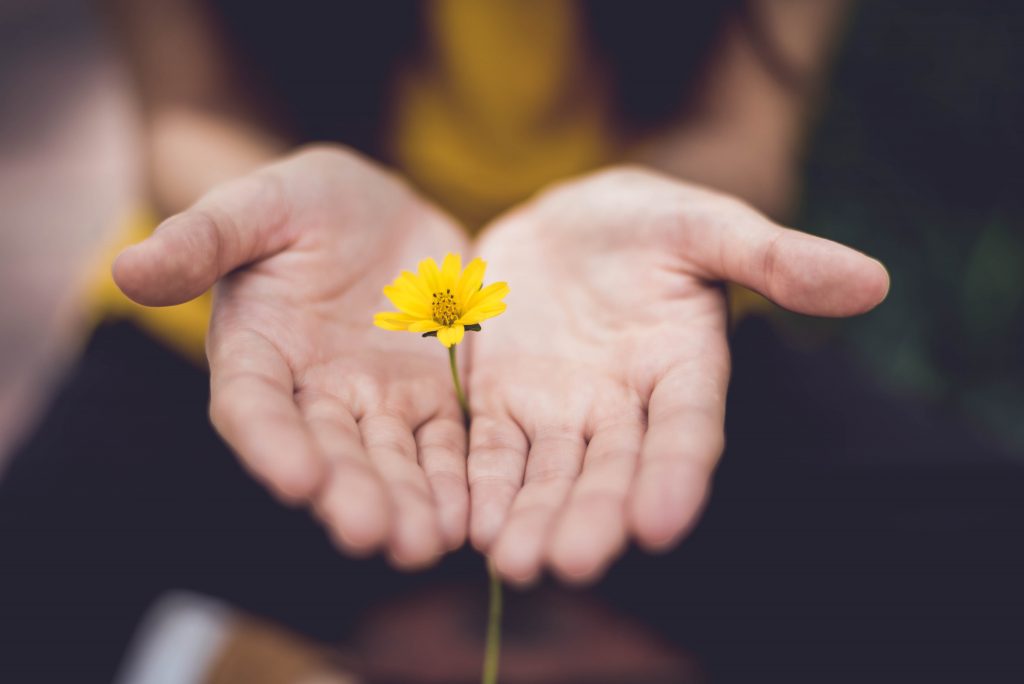A Healthy Relationship Series

We want to start a series on healthy relationships. How do we teach children about healthy relationships? What are the elements of a healthy relationship? In this week’s blog post, we will start with FORGIVENESS. Teaching young children, teens, and teenagers about healthy relationships are very important. It is important because it addresses many foundational elements of what a relationship consists of, especially a healthy relationship.
Educating children at young age aspects of what a healthy relationship is, will enable them to know how to take care of themselves and how to take care of others. Now, let’s get to the core of this topic. What does a healthy relationship look like and what do we mean? A healthy relationship consists of elements like Understanding, Trust, Forgiveness, Respect, Love, Communication, and Honesty. Of course this list can be a lot longer depending on individual family beliefs and social norms in any given society. But the above are the crucial elements parents should start discussing with their children from an early age.
Our topic for this blog is on FORGIVENESS, which is one element of a healthy relationship. What does forgiveness mean? It is not enough to know what it is but to also know what it looks like when it is practised. Hence, we can say that forgiveness takes place when you choose to let go of revenge and resentment towards another person or oneself even if you believe the wrongdoer does not deserve it. Having an open discussion about these issues and addressing children’s questions will teach them use higher order thinking and lead such discussions with their peers.
Explain to children that forgiveness is letting go of anger and resentment that they might feel towards someone who has done them wrong. Forgiveness is not easy and it might take a long time to forgive someone. Also, the opposite might be true, that it might take someone else a long time to forgive them for something they have done. Begin a discussion about forgiveness by asking these questions below.
Expert Questions to use as a Beginner
- why might you want to forgive someone?
- Why would you want someone to forgive you?
- Who are you hurting if you don’t forgive someone?
- Who benefits from forgiveness?
Using these questions, you can share scenarios of forgiveness with your children. After the scenarios, you can further the discuss and ask ‘what could they have done in each situation instead?’. The end goal of the sharing of scenarios is to get the child to think deeper into ‘could they have forgiven the person?’. Why and/or why not?’
Having open discussions about forgiveness or any other topic teaches children to communicate and discuss calmly and respectfully; even if people’s opinions are different from their own.
Benefits of talking about forgiveness
- Open communication
- Reflecting on their actions and other’s actions
- Addressing feelings of resentments
- Learning the foundations of forgiveness
- Thinking deeper about topics and processing resentments
- Having more compassion towards oneself and others when people make mistakes
- Acknowledging that everyone makes mistakes
Now that you have a bit of background information about forgiveness, go out there and start the discussion. But be aware that your child might call you out on different situations where you might not have chosen to forgive someone. You are the example they can see in practice even though you might yourself at times not forgiving others. The key is to show them that you are always trying and working towards forgiveness.